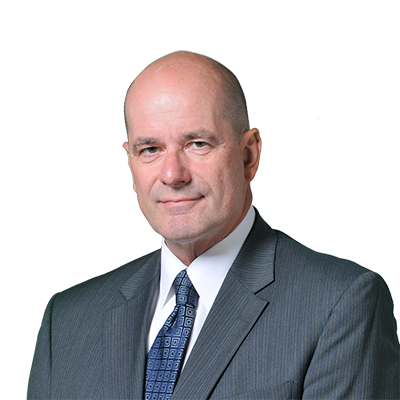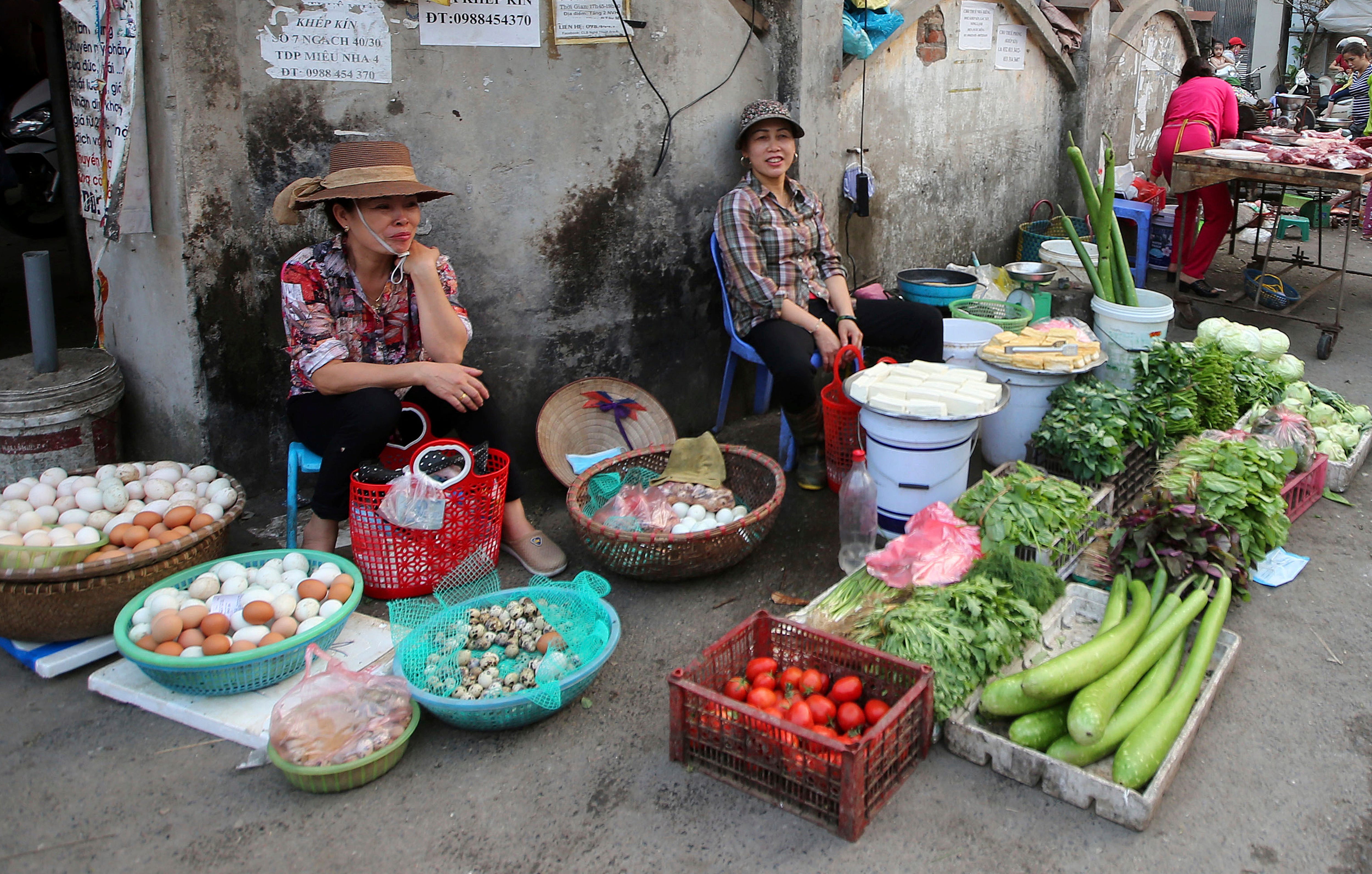Finley: In Vietnam, capitalism creeps up on communism
 Nolan Finley
Nolan Finley
Hanoi, Vietnam
There's a reason President Donald Trump agreed on this former enemy of the United States for the location of his summit last month with North Korean strongman Kim Jong Un.
He hoped to demonstrate how a communist country could benefit from opening its economy to both internal entrepreneurship and international commerce.
Vietnam, not so long ago a prototypical failed Marxist state, is awash in capitalism.
The streets of Hanoi, Ho Chi Minh City (formerly Saigon) and towns big and small throughout the country are a flowing marketplace packed with small vendors selling their wares.
Office towers bear the names of the world's largest corporations -- Unilever, Samsung, Microsoft, Coca Cola, and on and on.
Roads are jammed with scooters and American and Asian-badged cars and trucks, giving the city an urgent, busy feel. And what everybody seems to be busy doing is making money.
Vietnam now has the 47th largest economy in the world in terms of gross domestic roduct, and 35th in terms of spending power. It has become a hotspot in Asia for foreign investment, particularly in the luxury resort and hotel sector.
PricewaterhouseCoopers in 2017 named Vietnam as the fastest growing economy in the world, and predicted that by 2050 it would crack into the top 20 largest economies.
It wasn't always like this.
After the United States withdrew its support for South Vietnam in 1975 and it fell to the North, the victors imposed a traditional "from each, to each" communist economic system.
Industry was nationalized, private farms were replaced by collectives and planning was centralized under government authority. Food shortages were a fact of life. Birth rates soared because each new child brought in another bag of rice from the government.
Within a decade, a nation already ravaged by war faced economic collapse.
Our guide in Hanoi summed it up this way: "We all went to work at the same time, we all went home at the same time, and whether or not we produced, we all got paid the same.
"And we all starved. It didn't work."
It never does.
The centralized economy was replaced by a mixed system that still relies on central planning but also encourages private ownership and decision-making. The near monopoly trade relationship with the old Soviet Union was replaced by an aggressive pursuit of foreign partnerships.
Most of the economy is in private hands. Farmers regained control of their old lands and are making Vietnam a leading agricultural exporter.
That's not to say Vietnam is a happy blend of communism and capitalism. There is no such thing.
The state is still supreme. The communists are the only permitted political party. Freedom of speech, religion and association are limited. Journalists and civil rights activists are constantly subject to arrest. Corruption is an everyday fact of life.
The infrastructure is a mess, straining to accommodate the rapid growth, and it is obviously designed by committee. A trip of 70 kilometers took us nearly four hours, largely because a four-lane highway suddenly narrowed to a newly built, two-lane bridge. Smog in the cities is so thick breathing can be a challenge.
And while Vietnam claims just an 8 percent poverty rate, the poverty is abject.
Yet the vibrancy on the streets, the intensity of the commerce suggest a people striving for something better. Economic reforms and the growth they've produced have heightened the drumbeat for political and human rights reform. And while the government issues rigid mandates, they are routinely ignored.
"In Vietnam, there are no rules," our guide shrugs.
Vietnam's transition to a fully open society, while highly possible, is not inevitable. The long wait for the genie to emerge from the bottle in China demonstrates that.
But it is a functioning society where freedoms are expanding. It presents no threat to its neighbors -- the fear of falling dominoes in southeast Asia that consumed more than 58,000 American lives never materialized. And Vietnam is fully integrated into the community of civilized nations.
If Kim Jong Un can set his country on that course, it would be a game changer for the world.
nfinley@detroitnews.com
Catch “The Nolan Finley Show” weekdays 7-9 a.m. on 910 AM Superstation.